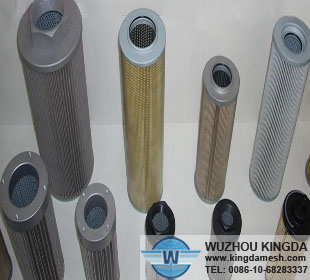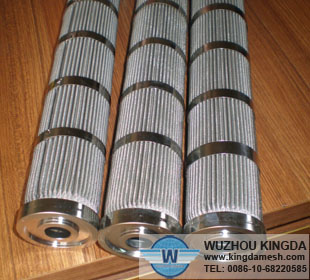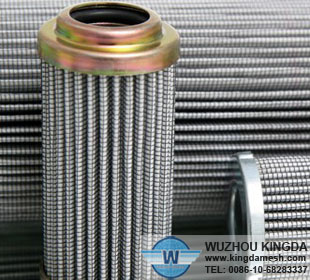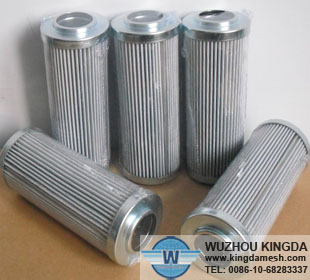Hydraulic Filter Terms
Hydraulic filters are an extremely important part of any hydraulic system. They filter impurities out of whatever type of fluid that particular system employs, allowing the system to work to the fullest of its potential. Hydraulic filters come in many different types, shapes and sizes with many different specifications used to explain how a particular filter will behave. When working with hydraulic filters, many different terms will crop up which you will need to know in order to be able to operate and maintain them correctly.
Class Numbers
Class numbers are used to measure the level of relative cleanliness which different types of hydraulic filters will provide. The classes are numbered from 1 to 12. Classes are organized based upon the number of particles present per 100 mililiters (mL) of fluid at different levels of fluid pressure. Class 1 filters provide the highest level of cleanliness, while class 12 filters provide the lowest level of cleanliness.
Maximum Capacity Rating
Maximum capacity rating is an important term that describes the highest flow of fluid the filter can successfully purify at the rated level of pressure.
Maximum Pressure Rating
Maximum pressure rating goes hand in hand with maximum capacity rating, and refers to the maximum level of pressure which the filter will be able to handle while in service.
Bypass Provision
A bypass provision is a common feature on hydraulic filters which allows the filter to divert fluid from itself at times when the pressure around the filter is high. One situation in which this can be extremely useful is if the filter should clog. In general, in times of duress it is preferable for the filter to run with dirty fluid than with no fluid at all.
Resistance to Flow
Resistance to flow is also known as differential pressure. This term describes the level of resistance that the filter will exert upon the flow of fluid. It can be an important deciding factor in how long and how efficiently the filter works.
Collapse Strength
Collapse strength basically explains to you the amount of differential pressure under which the filter will collapse completely. This is important to know as a ruptured filter can result in dirty fluid and parts of the filter flowing back into the hydraulic system, which could have disastrous results.
Bubble Point
The bubble point of a filter, also known as the structural integrity, is a term that refers to the pressure point at which bubbles are created by fluid flowing through the filter. It is used to track for holes in the filter.





